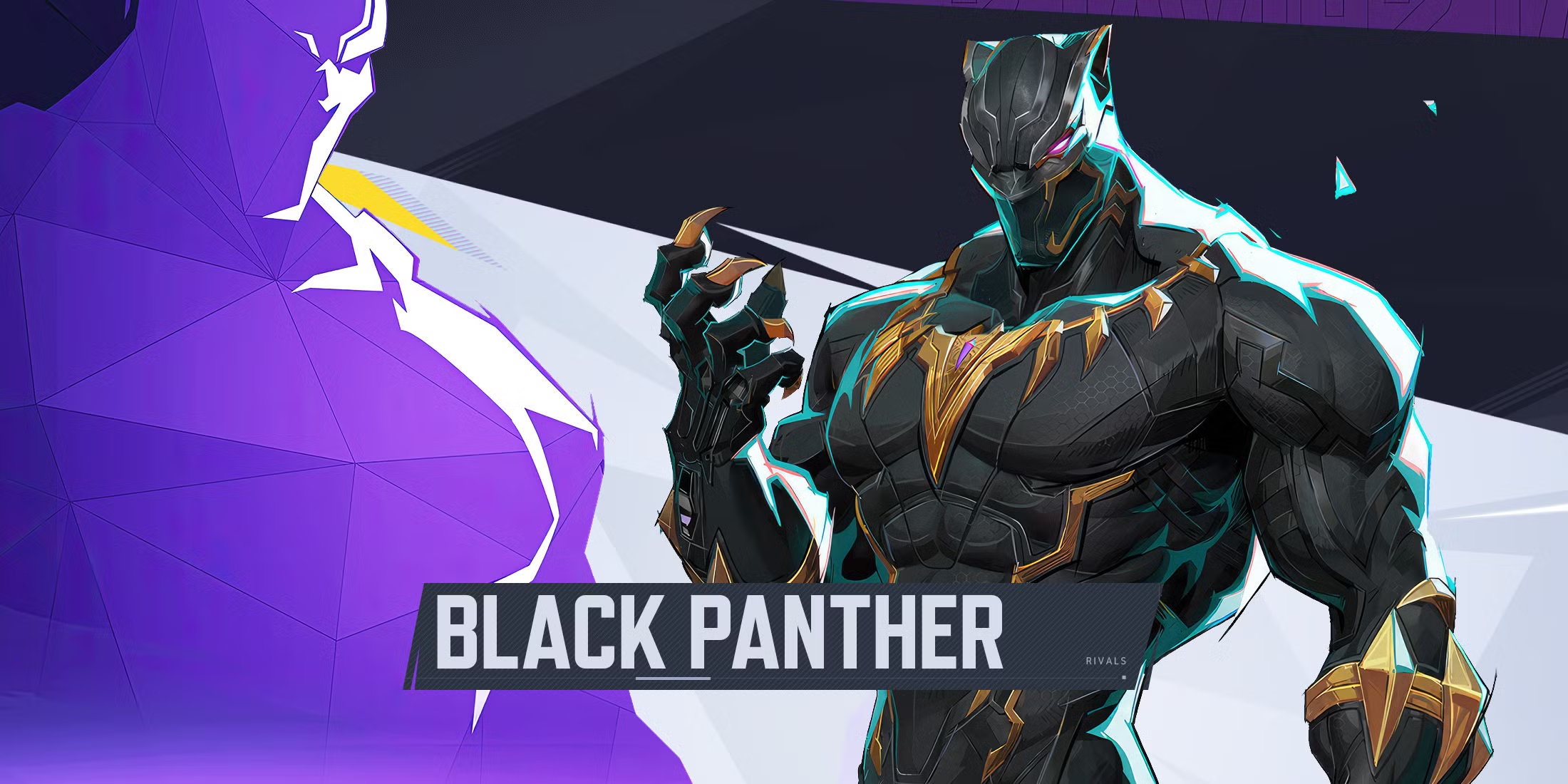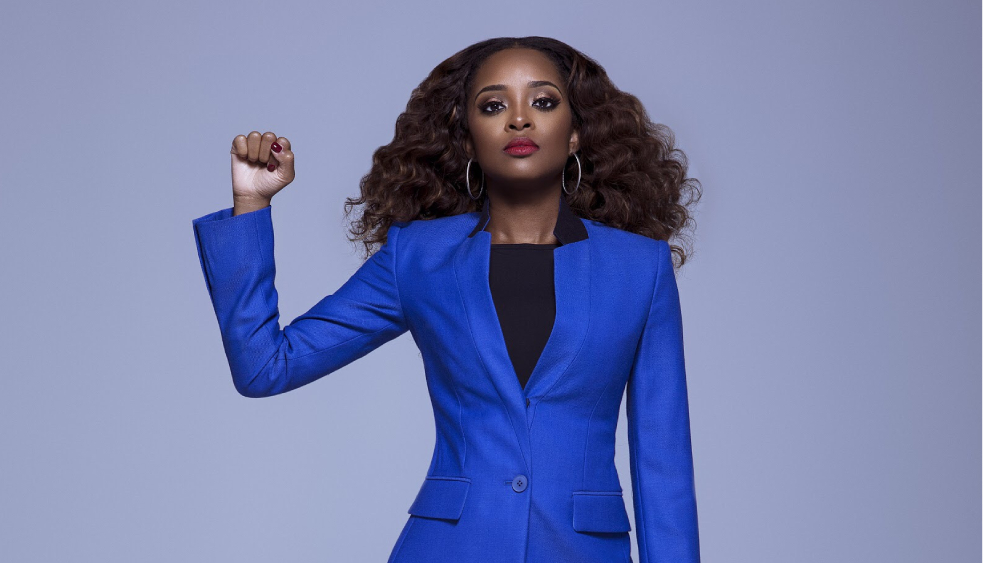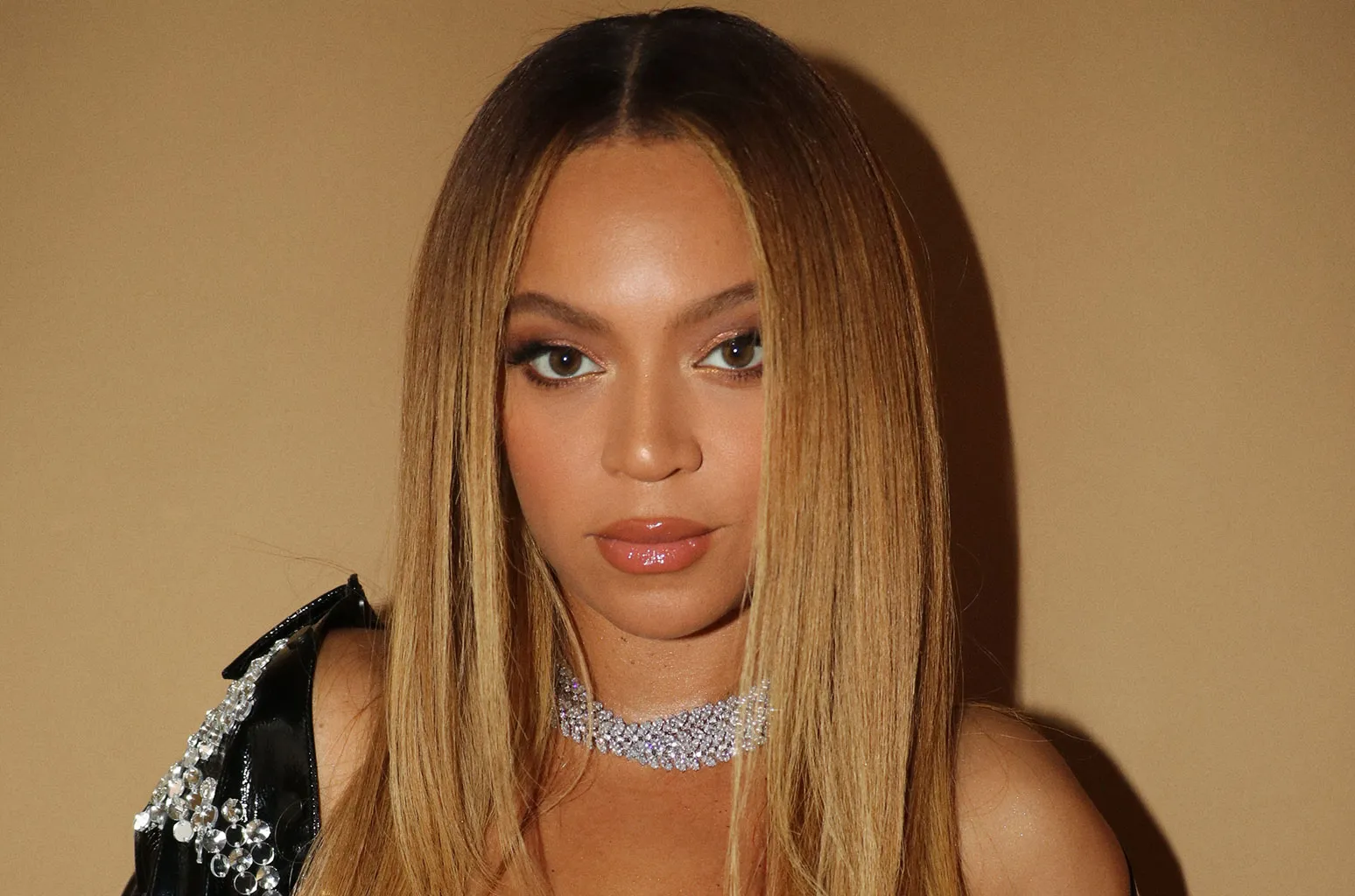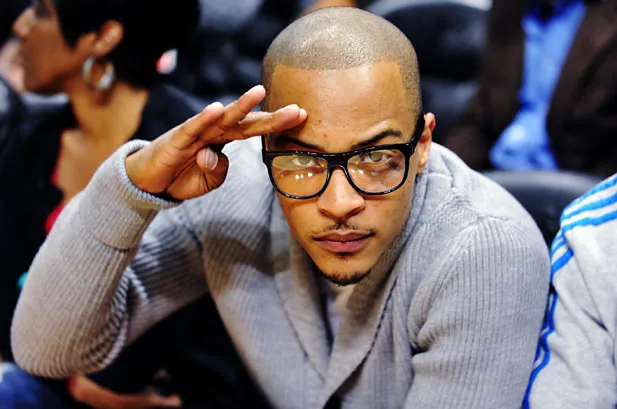
The gaming landscape is undergoing an exciting transformation. Once criticized for its lack of diversity, video games are now featuring Black characters as dynamic heroes. This change is not just significant for the gaming industry; it carries vast implications for Hip-Hop culture and the young video gamers who look to these characters for inspiration.
My Personal Reflection As a Young Gamer
My earliest video game memories come from lines on a screen. Then the lines turned into Pac-Man eating glowing power balls on a screen and evolved to characters from people's creative minds that represented heroes of differing worlds and stories but there was always something missing: me. To see a person from my culture in a video game I mostly saw black people in sports games, and in funny characterizations that looked nothing like me. As I have matured in age from a child to now being in my 40s I can say I am happy to see the children today that play games are experiencing a time where people like us are accessible when picking up a controller to play video games.
The Shift in Representation
Historically, video games have often missed the mark on representation. Characters were often one-dimensional, neglecting many cultures and backgrounds. Yet, the calls for diverse narratives have led to noteworthy changes. Characters like Miles Morales in Spider-Man: Miles Morales and the heroes in Tales of Kenzera: Zau and South of Mississippi have opened the lens and minds of people to see, accept and spend money on characters that look like they are a part of the greater diverse society all gamers share.
This uptick in representation means that children from different backgrounds can finally see themselves as protagonists, embarking on epic journeys. For instance, a survey from the International Game Developers Association found that 83% of players value diversity in video games, proving that diverse representation is not just desired but essential.
Impact on Hip-Hop Culture
Hip-hop culture has long influenced the lives of millions, and the integration of Black heroes in gaming enhances this relationship. Well-known artists, from Nas to Wu-Tang Clan often reference gaming in their lyrics, reflecting the crossover between these two vibrant cultures.
For example, in a track by Travis Scott, he mentions exploring virtual worlds, drawing parallels between gaming adventures and life challenges. This unique fusion resonates strongly with young players, reminding them that creativity and authenticity are key elements of both gaming and Hip-Hop.
As a younger gamer the first game I remember that had rappers and Hip-Hop artists in it was Rap Jam Volume 1 for the Super Nintendo Entertainment System (SNES). We only received pictures of rappers on substandard graphics in a basketball game but nothing that stood out. There are many games and many memories to share but when Def Jam Vendetta and Def Jam: Fight for NY came out Hip-Hop went to another level in representation on video games. I was able to not only hear the songs I loved to listen to but I was able to play as the artists in the game as well.
The game Marc Echo's Getting Up: Contents Under Pressure was the first game I played with a full story that gave me a protagonist that represent Hip-Hop not only with Talib Kweli's voice but using graffiti and street art to convey a message and to fight against the establishment/villain in a game about getting the truth and fighting back through messaging. It was always easy to hear Hip-Hop music in sports games but our faces were still missing in original stories where we were the focus and not a skin out on a one dimensional non personable character.
Empowering Young Gamers
Young gamers gain more than just entertainment from engaging with dynamic characters. They encounter narratives that celebrate victory against odds and stories of perseverance. When children see relatable heroes overcoming challenges, it inspires confidence and encourages them to embrace their identities.
In comic books Miles Morales in the Spider-Man stories has become a popular character that has gone from comic book pages to video gaming. Black Panther was a blockbuster hit that Marvel and Disney dropped the ball on with lack of marketing for fans of the character and the growth of interest in the character due to the movie. Now we see children able to choose The King of Wakanda in games like Marvel: The Avengers, Marvel Rivals and Black Panther has 2 upcoming games to be released on the current generation of video game consoles.
Consider games like NBA 2K, Rise of The Ronin, and WWE2K25 where players can create avatars representing their own backgrounds. This feature promotes self-expression, showing boys and girls that they can be heroes in their journeys. In fact, studies indicate that children who identify with game characters show increased self-esteem and are more likely to engage in positive social interactions.
The Role of Communities
Gaming thrives on community engagement. Conversations about representation gain traction in online forums, gaming conventions, and social media, emphasizing the importance of diverse narratives.
Developers are now more receptive to feedback from players regarding the types of characters they wish to see. Companies like Naughty Dog actively involve their community in discussions about LGBTQ+ and racial representation, showing a commitment to authenticity. This ongoing dialogue empowers Black characters to have more significant roles in gaming, ensuring that new releases resonate deeply with a broader audience.
Bridging Real-Life Challenges
Games have a unique ability to highlight real-world issues through their stories. Titles featuring Black characters often address themes such as systemic challenges, personal identity, and cultural pride. For instance, Assassin's Creed: Freedom Cry tackles slavery and freedom, providing players a chance to engage with heavy, yet vital topics.
Today's world is dealing with a new type of censorship with DEI and the deleting of real American history with books being taken out of libraries and the social conscious of our society. Video gaming now has the opportunity to tell stories and include history in it to ensure not only that our children, and gamers are entertained but the representation in gaming can ensure those stories and perspectives are not taken away from the experiences of the stories that can be told in world building and helping the gamer deal with real life exploration of feelings and understanding as well.
The Role of Game Development
The emergence of Black heroes didn't happen by accident. Game developers have become increasingly aware and socially conscious. They understand the significance of representing diverse narratives in a changing demographic landscape.
Successful collaborations between developers and influential figures in hip-hop have empowered projects that elevate Black voices. For example, the partnership between 2K Sports and hip-hop artists helps create immersive soundtracks that resonate with fans, enriching the gaming atmosphere and creating a more authentic gaming experience.
The Implication for Future Generations
As gaming continues to grow, the importance of representation will extend into the future. Children who see Black heroes today are motivated to pursue their dreams beyond the screen—in art, music, storytelling, and other fields.
These heroes ignite the imaginations of youth, pushing them to craft their own narratives and chase their passions. They serve as real-world role models, demonstrating that breaking barriers is possible, not just in gaming but in all aspects of life.
In Summary
The rise of Black characters as heroes in video games signals a significant shift in representation and storytelling. This evolution enriches gaming culture and positively influences hip-hop and young audiences. As the lines between these two powerful cultures continue to blur, we can look forward to a future filled with diverse stories, empowered individuals, and collaborative creativity.
Championing representation matters; it shapes the narratives that define our culture. By inspiring the next generation with diverse voices, we contribute to a future where every child can envision themselves as heroes in their stories—both in gaming and beyond.






















































